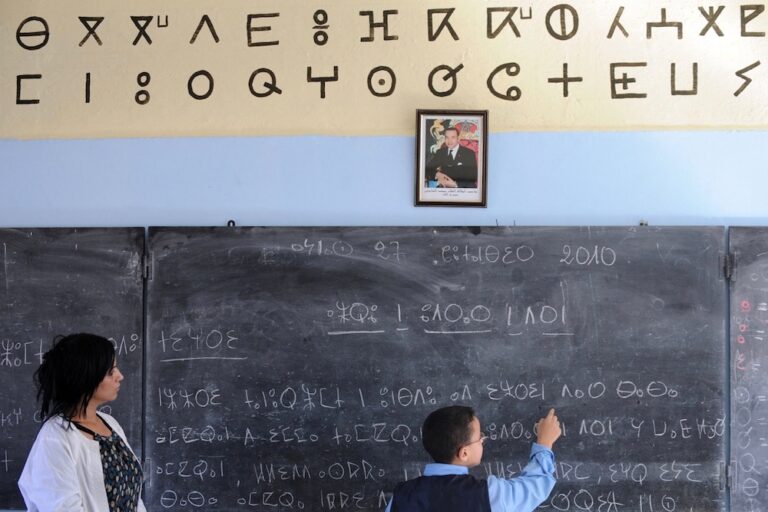(RSF/IFEX) – RSF has voiced its concern for the health of journalist Ali Lmrabet, who, already weakened by a 50-day hunger strike that he ended on 24 June 2003, started a new hunger strike on 30 November. “We will hold the Moroccan authorities responsible for any deterioration in Ali Lmrabet’s state of health,” said RSF […]
(RSF/IFEX) – RSF has voiced its concern for the health of journalist Ali Lmrabet, who, already weakened by a 50-day hunger strike that he ended on 24 June 2003, started a new hunger strike on 30 November.
“We will hold the Moroccan authorities responsible for any deterioration in Ali Lmrabet’s state of health,” said RSF Secretary-General Robert Ménard. “He suffers from worrying neurological problems, which have never been checked by a specialist. This new hunger strike could well worsen his state of health. We call for assurances about his condition and ask that his family be allowed to visit him as usual,” he added.
When the journalist’s sisters went to Salé prison to visit him on 2 December, prison staff told them that Lmrabet had locked himself in his cell and was refusing to see them. Surprised by the news, his sisters asked for a signed message from their brother confirming his refusal to see them. The prison officers never brought the message, and Head Warden Abdelati Belghazi refused the sisters’ request for a meeting with him to obtain news of their brother.
On 21 May, a Rabat court sentenced Lmrabet, editor-in-chief of “Demain Magazine” and “Douman”, to four years in prison with no parole for “insulting the person of the king”, committing an “offence against territorial integrity” and an “offence against the monarchy”. On 17 June, his sentence was reduced on appeal to three years in prison with no parole.


